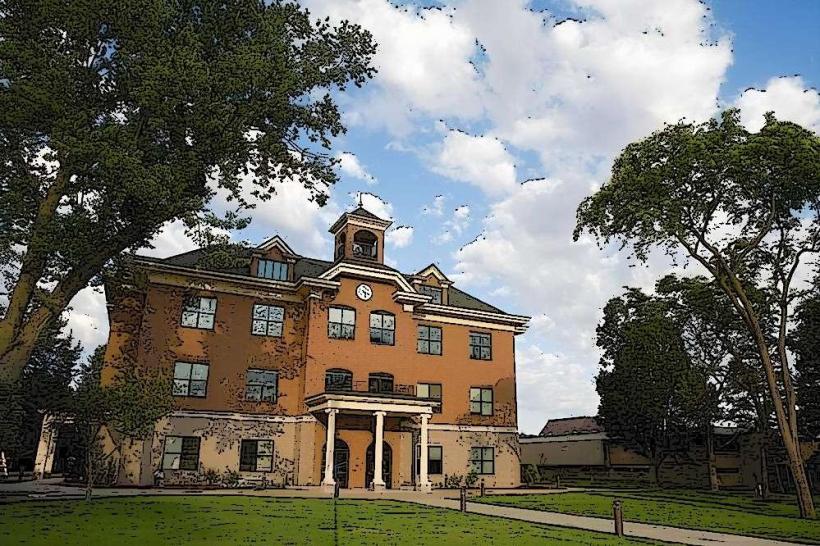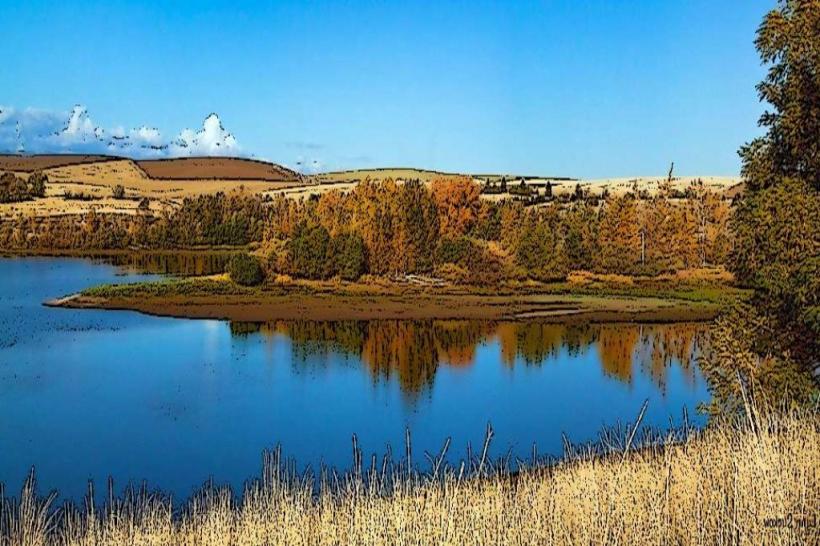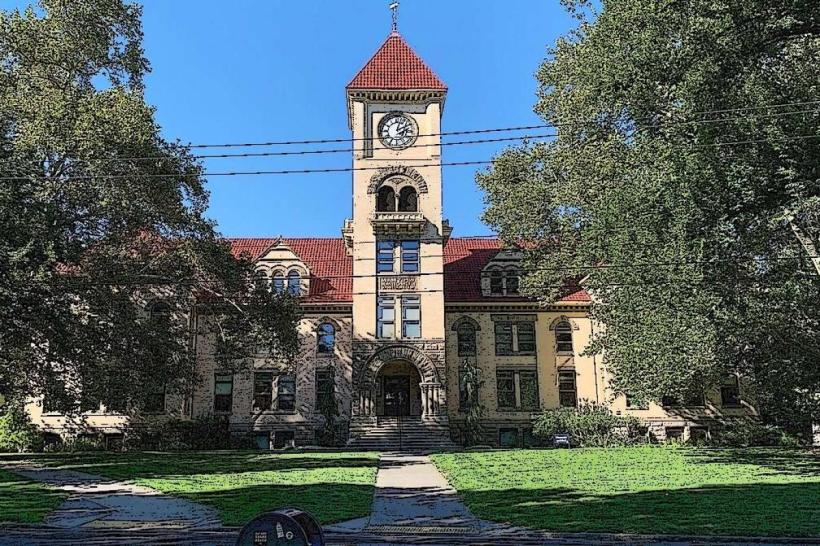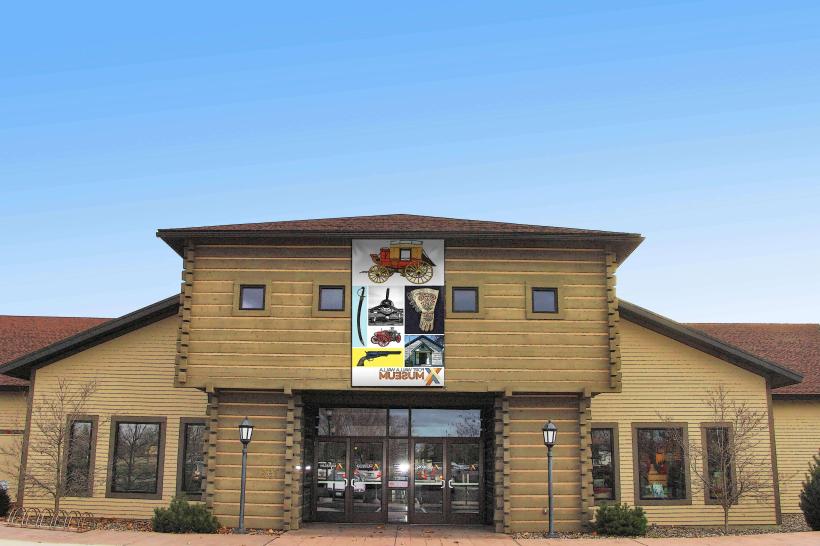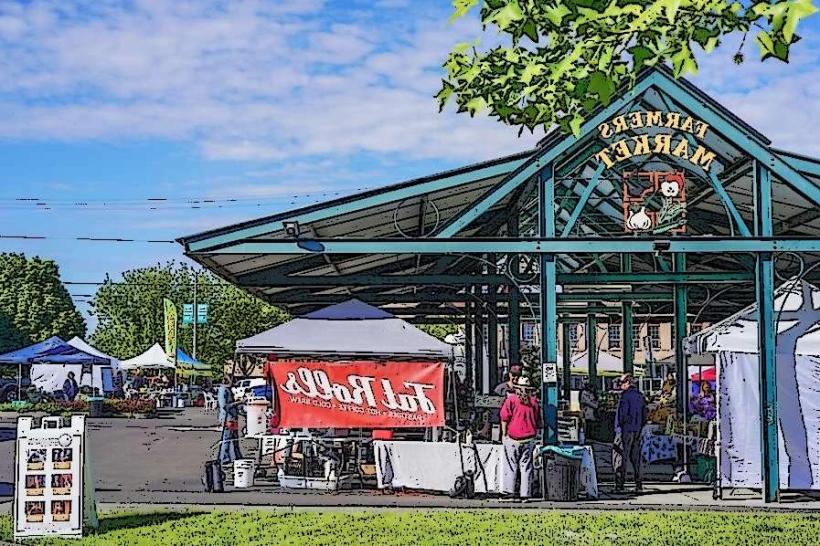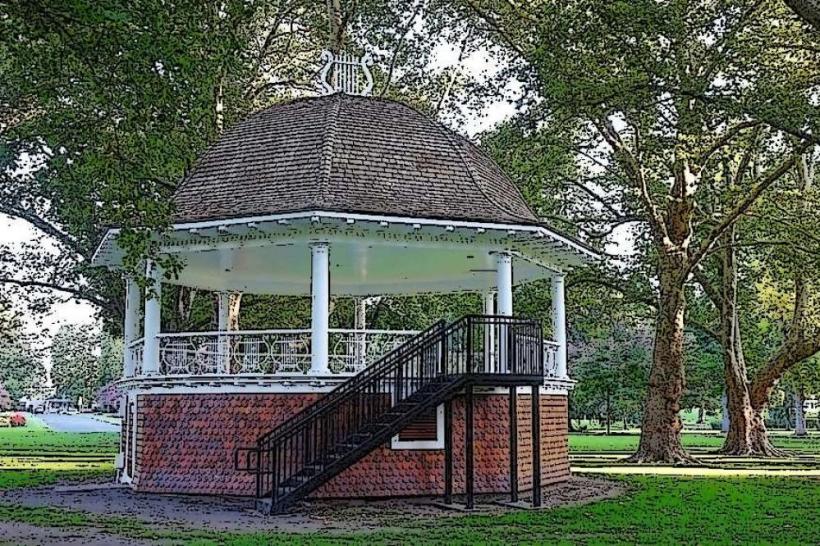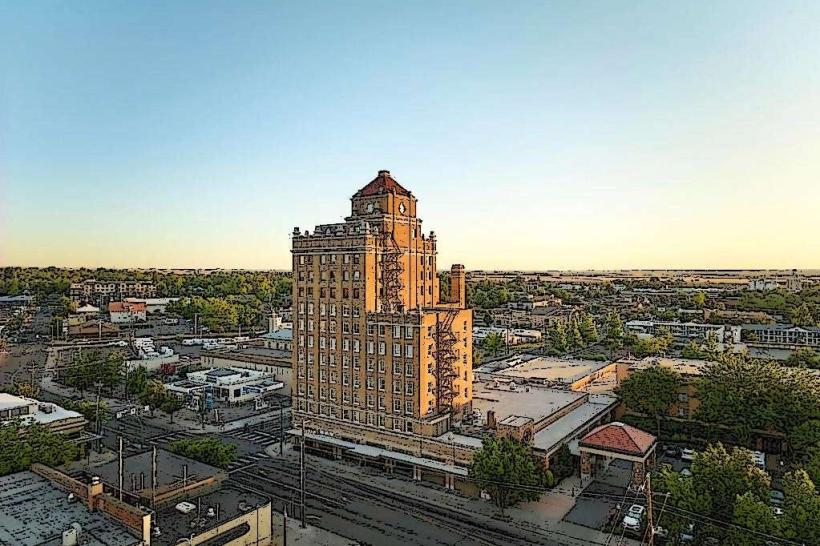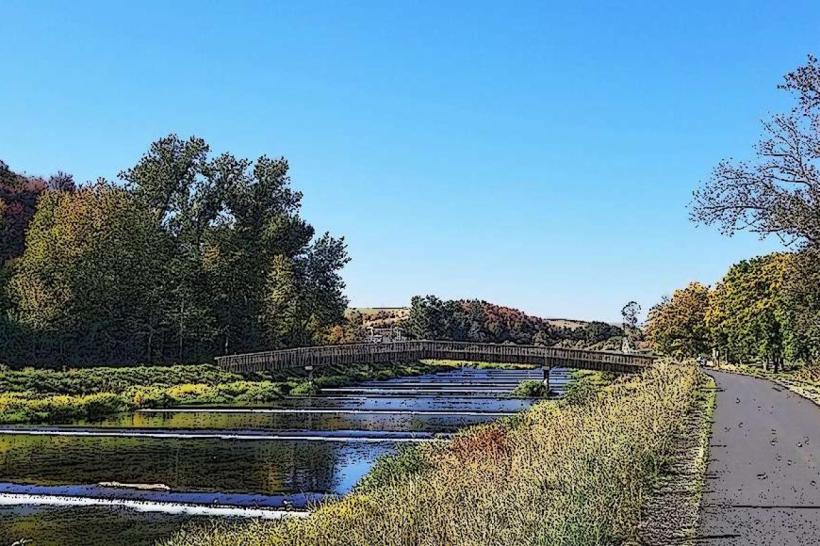Information
City: Walla WallaCountry: USA Washington
Continent: North America
Walla Walla, USA Washington, North America
Walla Walla is an independent city in Southeastern Washington, serving as the county seat of Walla Walla County. Known as the "Napa Valley of the North," it is a world-renowned center for viticulture, a historic academic hub, and the primary commercial center for the Blue Mountain foothills.
Historical Timeline
Inhabited by the Walla Walla, Cayuse, and Umatilla peoples. Primary governance eras include the 1836 establishment of the Whitman Mission and the 1850s status as a booming supply center for the Idaho gold rush. A critical historical event was the 1883 founding of Whitman College, which established the city’s identity as an intellectual center. The late 20th century was defined by a shift from wheat and onion farming to a global wine economy, following the 1977 planting of the first commercial wine grapes in the modern era.
Demographics & Population
The population is approximately 34,000. The demographics are White (68%), Hispanic or Latino (22%), Black or African American (2%), and Asian (1.5%). The city features a notable divide between its transient student population and its stable agricultural and correctional workforce.
Urban Layout & Key Districts
The city is organized around a highly preserved historic downtown and the surrounding rolling wheat fields.
Downtown: A National Great American Main Street winner, featuring a high density of wine tasting rooms, boutique hotels, and independent bookstores.
Whitman College District: A verdant, pedestrian-heavy zone adjacent to downtown, characterized by 19th-century academic architecture.
The Airport District: A repurposed WWII airbase currently serving as an "incubator" for dozens of boutique wineries and craft distilleries.
College Place: An adjacent independent city (pop. 9,500) that functions as a residential and religious extension, centered on Walla Walla University.
Top City Landmarks
Whitman Mission National Historic Site: Commemorating the site of the 1847 Whitman Incident and the Oregon Trail.
Fort Walla Walla Museum: A 15-acre complex featuring a pioneer village and an extensive collection of agricultural heritage artifacts.
Pioneer Park: The city's oldest park (est. 1908), featuring a historic gazebo and an exotic bird aviary.
Kirkman House Museum: A preserved 1880 Victorian mansion detailing the city's "Golden Age" of wealth.
The Marcus Whitman Hotel: A landmark 1928 luxury hotel that dominates the downtown skyline.
Transportation Network
Movement is serviced by Valley Transit. The city is situated on US-12. Commercial air service is provided by Walla Walla Regional Airport (ALW), primarily offering daily flights to Seattle. There is no passenger rail service; the nearest Amtrak station is in Pasco (80 km). Ride-sharing is available but can be sparse during peak harvest seasons. Traffic density is low, with the exception of the "Wine Weekends" in spring and fall.
Safety & "Red Zones"
The general safety level is high. Property crime associated with the downtown commercial district is the primary focus. Caution is advised near the Washington State Penitentiary periphery on the north side of town, though it is a high-security facility with no impact on general public safety. There are no designated "red zones." Common scams involve fraudulent "vineyard labor" postings.
Digital & Financial Infrastructure
Internet speeds average 300 Mbps with fiber availability via PocketiNet and Spectrum. Main mobile carriers are Verizon and AT&T; coverage can be intermittent in the deep Blue Mountain canyons. Card acceptance is universal in the wine districts. ATMs are concentrated on Main Street and Isaacs Avenue.
Climate & Air Quality
Temperatures range from -3°C to 5°C in winter and 16°C to 34°C in summer. Characterized by a semi-arid climate and the "Walla Walla Wind"-localized gusts from the Blue Mountains. Air quality is moderate, frequently impacted by agricultural dust and seasonal wildfire smoke trapped in the valley.
Culture & Social Norms
The standard tipping percentage is 20–25%. A handshake is the standard greeting. Dress codes are "Vineyard-Casual" (refined but practical). The city is culturally defined by its "Town and Gown" relationship (the universities), its deep-seated pride in Walla Walla Sweet Onions, and its high-end wine culture.
Accommodation Zones
Downtown / Main St: Recommended for luxury stays and walkable access to over 30 tasting rooms.
US-12 / Isaacs Ave: Recommended for national hotel chains and retail convenience.
Local Cost Index
1 Espresso: $4.75 (USD)
1 Standard Lunch: $17.00 (USD)
1 Wine Tasting Flight: $20.00–$40.00 (USD).
Nearby Day Trips
Blue Mountains (Ski Bluewood): (85 km southeast).
Palouse Falls State Park: (75 km north).
Tri-Cities (Kennewick/Pasco/Richland): (80 km west).
Facts & Legends
Walla Walla is a Native American name meaning "Many Waters." Historically, it was once the largest city in the Washington Territory. A local legend involves the "Ghost of the Marcus Whitman," a spectral woman in white reported in the upper floors of the hotel. Another legend concerns the "Lost Canyon Gold," a rumored cache of miner’s gold hidden in the Blue Mountain foothills during the 1860s.

